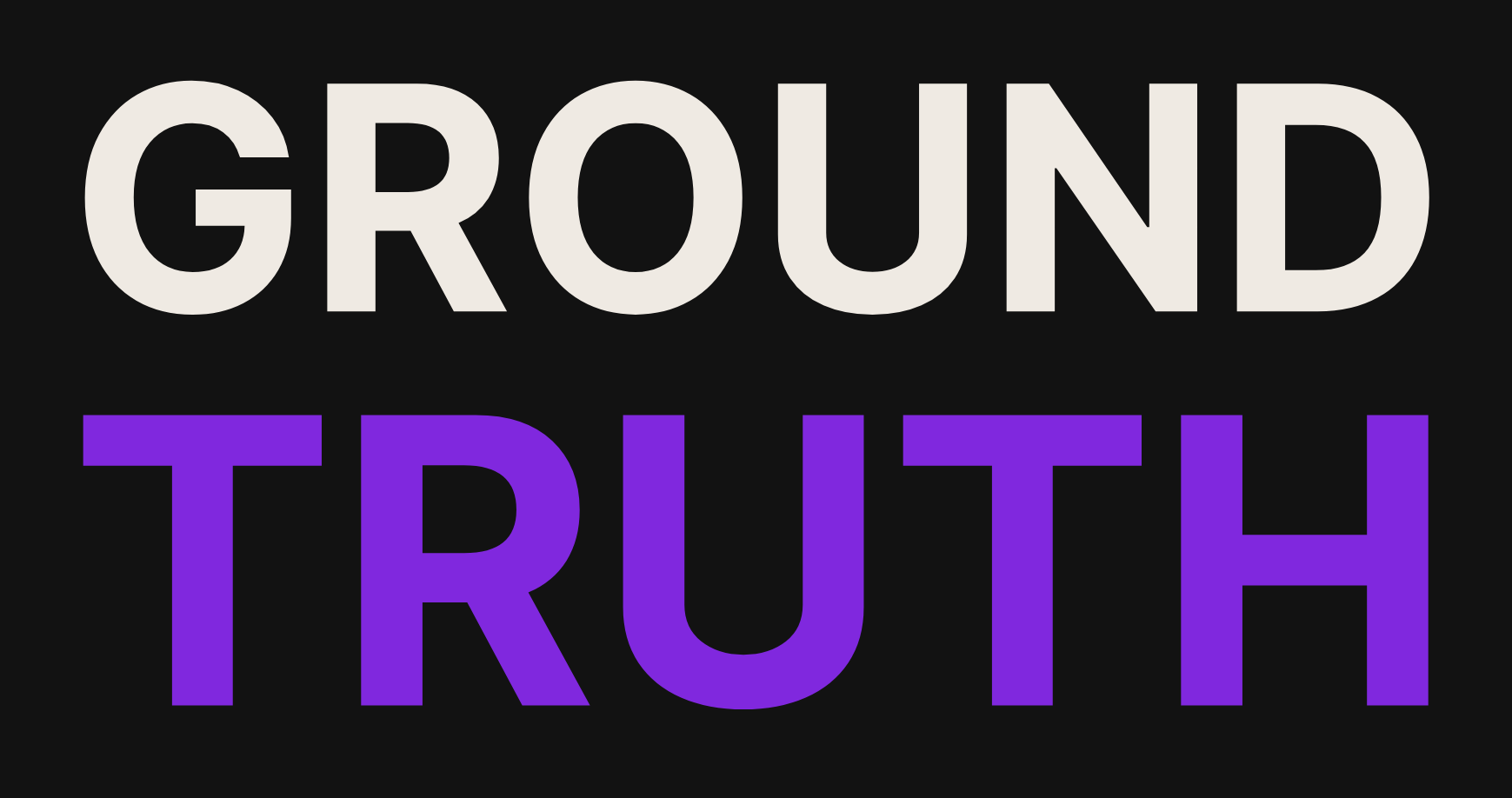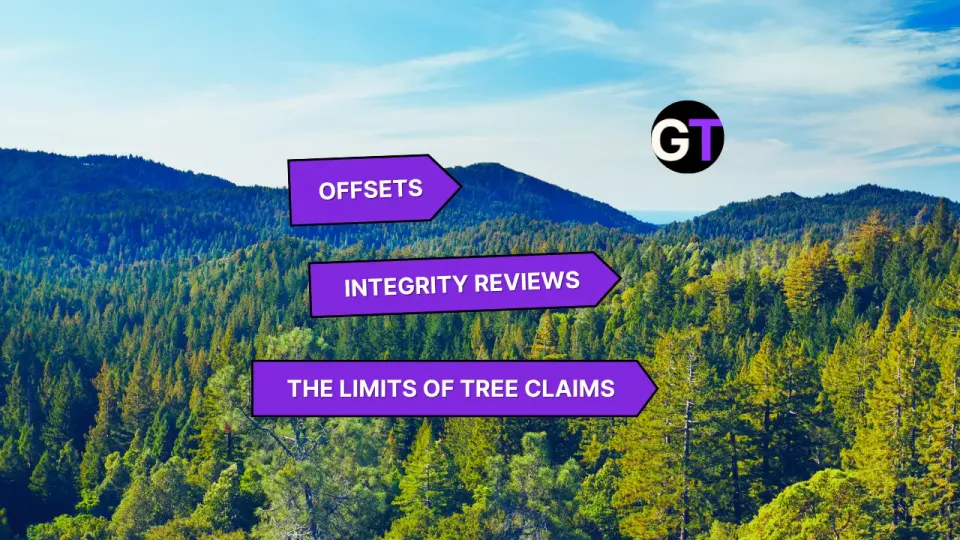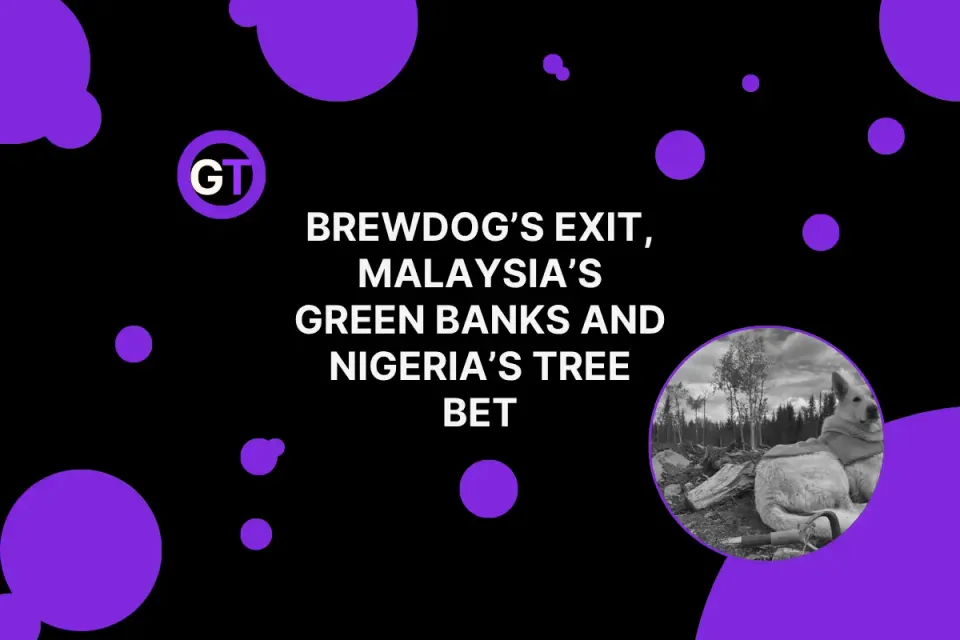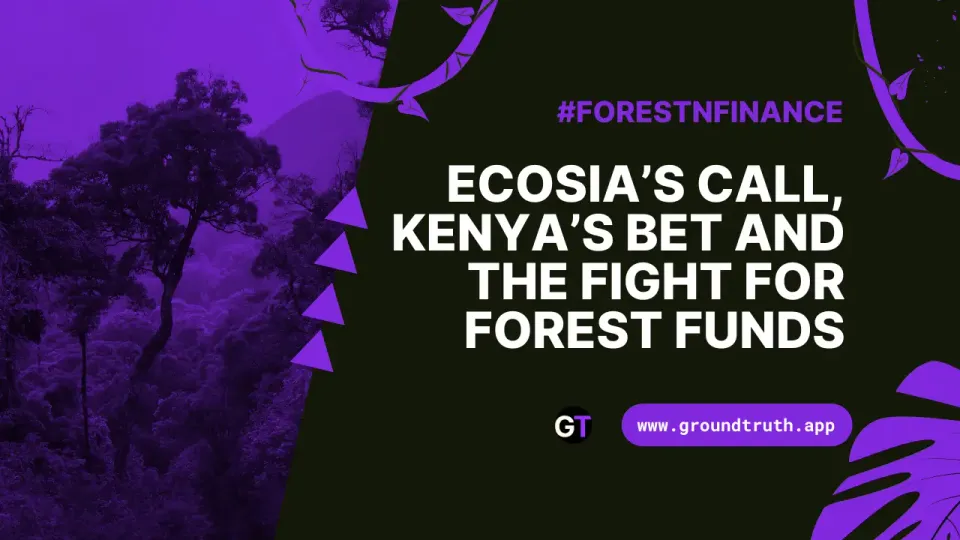Brazil's Paper Industry Adopts Blockchain for EUDR Compliance
Brazil's paper industry invests in blockchain to meet EU deforestation rules, aiming for compliance without disrupting operations.

This article by Karla Mendes originally appeared in Mongabay.
- Brazil’s paper and pulp industry says the European Union’s deforestation-free products regulation (EUDR), which will come into effect in late 2025, won’t affect the sector’s operations, which has already traced its supply chains “from farm to factory” for more than two decades and doesn’t source from illegal deforested areas.
- The EUDR will require suppliers to prove that their products exported to the EU aren’t sourced from illegally deforested areas; in Brazil, experts say it will help halt illegal deforestation in the Amazon.
- To fulfill some specific EUDR requirements, companies need to invest in blockchain and other technologies, which could increase the cost per ton of pulp by up to $230, according to the Brazilian Tree Industry (Ibá).
- The EUDR postponement was received differently by the industry and experts: While Ibá says it would allow “a smoother and more effective implementation,” given some aspects that need improvement from the EU Commission, deforestation experts say there is no time to wait, as deforestation continues and the climate crisis gets worse.
The European Union’s deforestation-free products regulation (EUDR) won’t affect the operations of Brazil’s paper and pulp industry, which has already traced its supply chains “from farm to factory” for more than two decades and doesn’t source from illegal deforested areas, the country’s industry association says. However, the fulfillment of some specific EUDR requirements compel companies to invest in blockchain and other technologies, which could increase the cost per ton of pulp by up to $230, according to the Brazilian Tree Industry (Ibá).
“Although for Ibá’s members the [EUDR] adjustments have not changed their business model, nevertheless they have demanded and will continue to demand higher production costs,” Ibá tells Mongabay in an emailed interview. Production costs will likely increase between $40 and $230 per ton of pulp depending on the size and complexity of the supply chain, Ibá says, referring to estimates from RISI Fastmarkets, a leading information provider for the forest products industry.
The EUDR, initially planned to come into effect this month and recently postponed for another year, will require suppliers to prove that their products exported to the EU aren’t sourced from illegally deforested areas. The legislation followed increasing claims of commodities exports to the EU linked to illegal deforestation. In Brazil, experts say the EUDR will help halt illegal deforestation in the Amazon.

Brazil exports 4.4 million tons of pulp to the EU per year, an essential input for the tissue paper market, among others, Ibá says. The country’s cultivated tree production is scattered over 10.2 million hectares (25 million acres) and 1.8 million trees are planted every day, Ibá says. It added that the sector also preserves 6.9 million hectares (17 million acres) of native forest, an area larger than the state of Rio de Janeiro, which sequesters and stores carbon from the atmosphere, contributing to the fight against climate change.
Ibá says commercial plantations are planted in areas that have been previously anthropized, such as very low productivity pastures. In addition to complying with national laws, Ibá says, companies in the sector receive third-party audits annually that check this compliance on the spot within the framework of international forestry certifications, such as FSC and PEFC, which were “voluntarily adopted by companies many years ago.”
For Ibá, the EUDR will contribute “to greater transparency” to the sector’s practices and demonstrate the industry’s ability “to operate in a way that is decoupled from the deforestation of natural forests.” According to the industry association, “everything that enters the factory has been mapped for years,” including the companies’ own farms, the areas of independent producers and market wood.
While traceability is a well-established practice in this industry, Ibá says, the sector will be able to “fully trace the wood from the farm to the final product” after investments to comply with specific EUDR requirements.
To this point, wood from different farms has been turned into chips and sent to the boiler together, without the disclosure of a specific farm in the final batch. To tackle this issue, Ibá says, companies have already implemented a strategic solution called “declaration in excess,” which consists of determining a range of farms that may have been used in the manufacture of that particular batch of product and ensuring that all of them are compliant. Another adjustment, Ibá adds, is using technology to connect all the evidence of compliance at every stage of production.
Suzano Papel e Celulose, one of the top global producers of pulp and paper, says its operations won’t demand adjustments because it has already followed the best forest management practices for many years and it’s committed to complying with the EUDR.
Suzano says its plantations are set exclusively in areas previously anthropized by other uses and it doesn’t use wood from deforested areas after July 2020 (the EUDR cutoff date is December 2020).
According to Suzano, traceability is a key component of its due diligence procedures, which already have advanced systems in place tracing the wood from its origin to the final product, and which have proved to be efficient in forest management and chain of custody auditing processes, allowing routine demonstrations of compliance with the EUDR.
Among these procedures, the company highlights that products are identified by production batches, and each unit is traced through a unique code. Suzano also says it keeps detailed records of the stages of the production chain, from the planting and harvesting of the wood, through the production process, to the distribution of the final products, in addition to audits carried out to verify the accuracy and integrity of its due diligence system.
Nevertheless, the company says it’s creating and automating processes to overcome some challenges to comply with EUDR requirements for processing data and documents. Suzano says it’s focusing its efforts on initiatives to improve its internal processes, extending monitoring to the entire supply chain, automating the traceability of its products and the delivery of data, especially evidence of compliance.
“In addition to the systems already used by the company, Suzano is developing an in-house blockchain solution, an advanced system with the aim of optimizing the rapid retrieval of information and evidence, to provide it to customers and authorities securely and automatically, including geolocation data and evidence of compliance,” Suzano says in an email interview.
The company says it has robust internal control and compliance systems to assess and mitigate risks associated with its operations, referring to its due diligence system, which includes various types of assessment that cover both documentary and field verification.
In terms of the raw material’s origin, Suzano says, documentation and tracking of the chain of custody are carried out to ensure that the materials do not come from deforestation areas after the established cutting dates.
“From a commercial perspective, Suzano sees the EUDR as an opportunity for standards for sustainable production. Suzano supports initiatives and regulations that prevent global deforestation and raise demands for more sustainable production,” it says.
According to the company, compliance with local and international laws and certifications are also enforced, as well as the use of geospatial data and satellite images to track areas of production to ensure there has been no undue forest conversion. In addition, Suzano says, it verifies possible human rights violations, taking into account local legislation and international standards and possible conflicts related to land use.
Moreover, it says it has a supplier track record on various issues. When risks are identified, Suzano says, it implements corrective measures to mitigate them, ranging from independent audits, retraining plans, support and training, and the termination of the business relationship, depending on each case.
Controversial postponement
The EUDR postponement was received differently by the industry and experts.
Ibá says the EUDR postponement was the right decision, as it would allow “a smoother and more effective implementation.”
Ibá points to some “inconsistencies” that demand further work from the EU Commission, including the security of the information that will be exchanged, given the lack of recommendations for companies to access and store commercial data from their supply chain, which leaves open the risk of leakage and misuse. Regarding the criteria for the risk classification process for countries, the association says to date the commission has not engaged with countries to understand their local realities and obtain official information for determining risk, exposing Brazil and other countries to “an uninformed and even commercially biased risk analysis.” Ibá also points out that the transformation of a commercial eucalyptus plantation into an agricultural crop could be seen as deforestation in the eyes of the EUDR, which is a misinterpretation of current standards, including an FAO regulation that considers them to be a type of forest, which would be covered by the EUDR’s anti-deforestation requirement.

“The need for a postponement is actually related to significant delays in the delivery of crucial elements by the European Commission. The guidance document and frequently asked questions were only released last month, two months before the standard was originally due to come into force. In addition, the platform for issuing due diligence statements only began to be tested on a larger scale in October, and the risk classification of countries is far from complete, with all countries remaining in the same risk category,” Ibá says, adding that this has led to “frustration” among nations that had hoped to be classified as lower risk.
“The EUDR is one of the most complex trade sustainability regulations implemented in recent years. Any failure or disorganization in this process can have serious consequences, including the shortage of consumer markets in the European Union, benefiting all parties involved,” Iba adds.
Brazil has generally planted trees for paper and pulp production in deforested areas before the cutoff date, says Paulo Barreto, a senior researcher at Brazilian conservation nonprofit Imazon. He notes that in some production areas there are issues with Indigenous territories, which won’t comply with the EUDR, but it’d be important to know how big these areas are and to not source from them when exporting to the EU.
Barreto says external measures are needed to control illegal deforestation in the country. “Brazil, by not controlling deforestation, falls into this high-risk category. If Brazil had done its homework and actually controlled deforestation, it wouldn’t be classified with high risk and subjected to more severe due diligence.”
The delay is “bad news” for him. “The more we delay, the bigger the problem gets: Deforestation continues and the climate crisis gets worse,” he says, pointing to escalating evidence of the climate crisis appearing every day with wildfires, floods and other natural disasters in Brazil.
Tina Schneider, director for forest governance and policy at the World Resources Institute, says that although she was opposed to a delay in principle, she has changed her opinion after the latest EUDR changes were added just before the law’s initial date of enforcement.
Schneider says she is also aware of some specific issues from industry products traded in bulk, which include pulp. The EU, she adds, has made it very clear that these products can be stored in containers or silos as long as it can be verified that there is no mixing between products sourced from areas deforested after the cutoff date and those from compliant sources.
She points out that this sector should be better prepared for compliance with the EUDR, as it has long been subject to other due diligence international legislation, including the U.S Lacey Act, which includes a similar declaration requirement.
Schneider says the best approach for companies is to frame EUDR as a cost of doing business. “The nature of a due diligence regulation is that the company accepts risk for doing business on a market that is regulated,” Schneider tells Mongabay in a phone interview. “Countries have different legal systems, so there’s no way that the EU and Brazil, outside of a multiyear-long negotiation, could come up with a joint understanding of what is legal deforestation or not. That’s not realistic.”
License
Mendes, Karla. "Brazil paper and pulp industry invests in blockchain to comply with EUDR." Mongabay, 16 Dec. 2024. Republished under a Creative Commons Attribution-NoDerivatives 4.0 International License.




